Description
King of bitters, Indian gooseberry, Myrobalans and Amrit (Tinosporia cordifolia) come together in Glycohar Plus, effective in the management of elevated blood sugar and its complications like diabetic nephropathy, neuropathy and carbuncles. Improves blood circulation and optimizes metabolic activity.
Features and benefits of Glycohar Plus Tablets –
- Effective management of blood sugar levels. Chirayita or King of bitters is an established anti-diabetic.
- Glycohar Plus stimulates digestion. Improves metabolism. Prevents obesity and sluggishness.
- Balances Tridoshas at the level of the ‘Koshta’ or gut. Aggravated ‘Pitta’ dosha is promptly pacified.
- The ingredients of Glycohar Plus are rich anti-oxidants. Cleanses and detoxifies the system. Reduces damage to the body caused by high circulating blood sugar.
- Glycohar Plus Tablets is an effective remedy for preventing or delaying the onset of diabetes complications like retinopathy, neuropathy and nephropathy
- It stimulates liver function. Improves blood circulation.
Adult: 1-2 tablets of Glycohar Plus twice daily on an empty stomach.
Key Ingredients:
GULUCHI (Tinospora cordifolia)
It is a well-recognized and widely distributed traditional plant that is used successfully in Indian Ayurveda medicine. Guduchi helps increase the effectiveness of protective white blood cells which fight infection. The herb also augments immune responses to infections by influencing various immune effector cells and ensures early recovery. It is effective in infections in the respiratory system, skin, and soft tissues, infected wounds, especially in diabetic conditions and immune compromised conditions.
HAREETHAKI (Terminalia chebula)
Popularly known as Indian Walnut for its innumerable benefits or Indian hog plum in English, it is extremely valuable for its role in improving hair health. It is useful for treating scalp infections like dandruff, itching and hair fall. It also strengthens them from the roots, prevents breakage and loss of hair and bestows silky soft smooth hair. Chebulic Myrobalan is one of the three key ingredients in Triphala, a natural compound that provides overall support for digestive function and helps ensure that the digestive tract works at optimal levels. The Ayurvedic Pharmacopoeia of India has documented the use of the powdered herb in intermittent fevers and chronic fevers, anemia and polyuria. Chebulic Myrobalan can also be used to treat gastrointestinal and respiratory disorders.
AMALAKI (Emblica officinal)
It is commonly known as the Indian gooseberry is high in Vitamin C and natural antioxidants known as flavonoids and polyphenols. When used for hair treatments, it is found to strengthen and condition follicles down to the roots. Amla oil can promote hair growth, reduce dandruff, and prevent the graying of hair.
KHADIRA (Acacia catechu)
Commonly known as Karingali, it is used for stomach problems such as diarrhea, swelling of the colon (colitis), and indigestion. It is also used orally for pain from osteoarthritis and topically to treat pain, bleeding, and swelling (inflammation).
VIBHITHAKI (Terminalia Bellerica )
Known as Beach Almonds or Bedda nut tree, it is rich in Vitamin C and other antioxidants that nourishes the hair roots. Bibhitaki helps in making the roots of the hair stronger, minimizing hair fall and preventing premature graying of hair strands.
PATOLA (Trichosanthes dioca)
Acharya Charaka has mentioned Patola as one of the herbs used in powder massage, useful in pruritis, acne ad urticaria. Leaves and fruits of Patola is used in the treatment of alcoholism and jaundice. Soup of Patola fruit is also advisable in alcoholism. The Patola leaves juice is used in alopecia and liver enlargement. Regular eating of Patola vegetable helps to lose weight, increases the immune power, and also provide relief from abdominal diseases. Patola root is Sukha Virechaka-causes mild purgation.
ARAGWADA (Cassia fistula)
Aragwada and its components have been investigated for a number of biological activities such as antiparasitic, antioxidant, antibacterial, antifungal, antitumor, antipyretic, anti-inflammatory, antiulcer, wound + healing, analgesic, hepatoprotective, immunomodulatory, and acetylcholinesterase.
LODRA (Symplocos recemosa)
It is a traditional medicine used by Ayurvedic practitioners. All parts like roots, bark as well as leaves of this plant are used for medicinal purposes but most useful is its stem. Lodhra is considered useful in managing female disorders such as leucorrhea (excessive vaginal discharge) which is caused by vaginal infections as it has antimicrobial and anti-inflammatory properties. It helps to manage excessive menstrual bleeding by promoting blood thickening due to its astringent and hemostatic (process which stops bleeding) properties. This hemostatic property is also useful in managing nose bleeding.
HARIDRA (Curcuma longa)
Haridra is also called known as Curcuma longa. The anti-inflammatory and antioxidant properties of Haridra assist in preventing the progression of diabetes related changes in organs like the kidneys, retina, nerve cells and minute blood vessels in the body . Turmeric is a vital herb in Ayurvedic medicine, whose spice form can be recognized by its dazzling, yellow color. The root of the herb, used either fresh or dried, has a host of medicinal benefits. It acts as a carminative and also enhances the complexion and skin-tone. In addition, Turmeric can be used to combat liver damage, respiratory disorders and ulcers.


 Sign In
Sign In Cart
Cart 
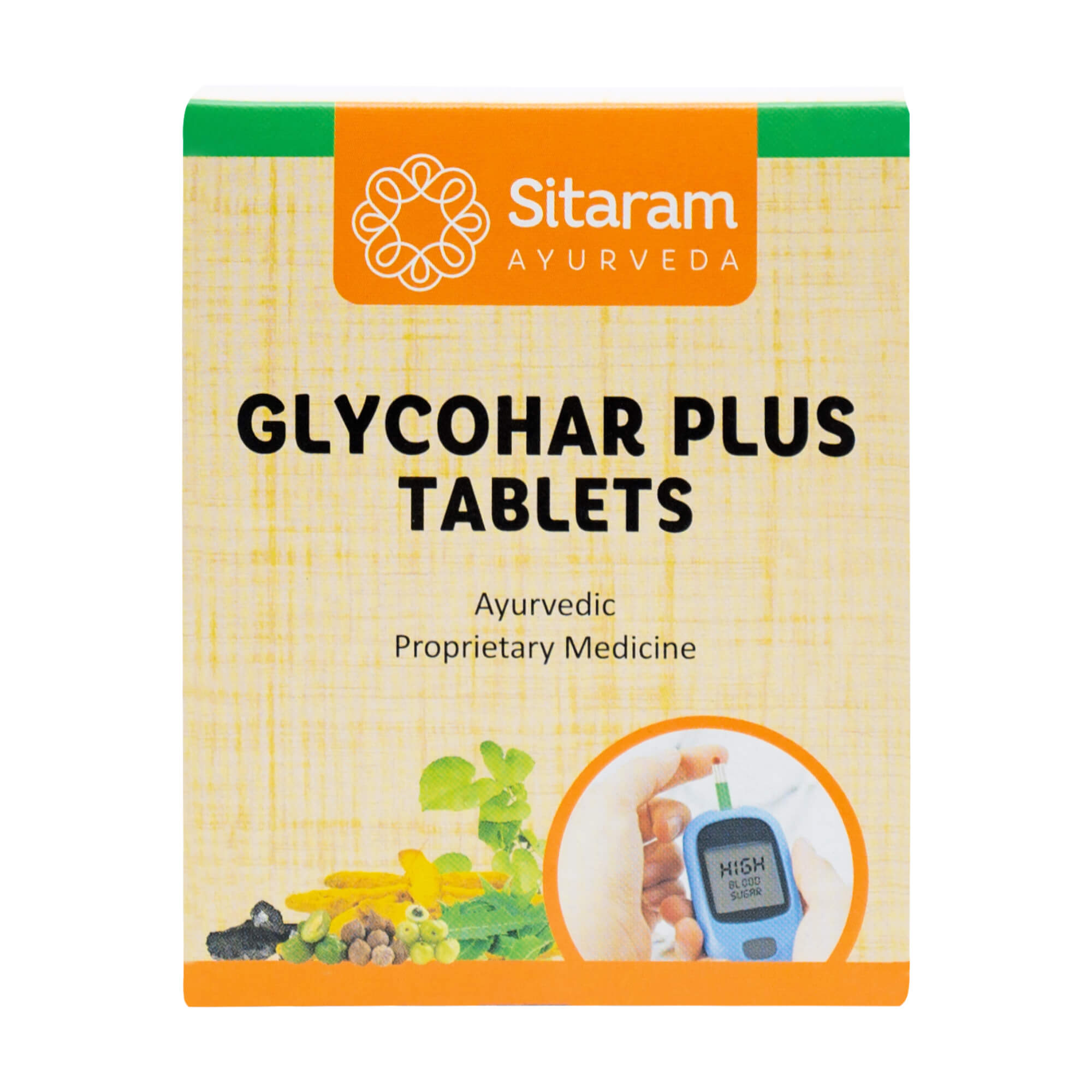
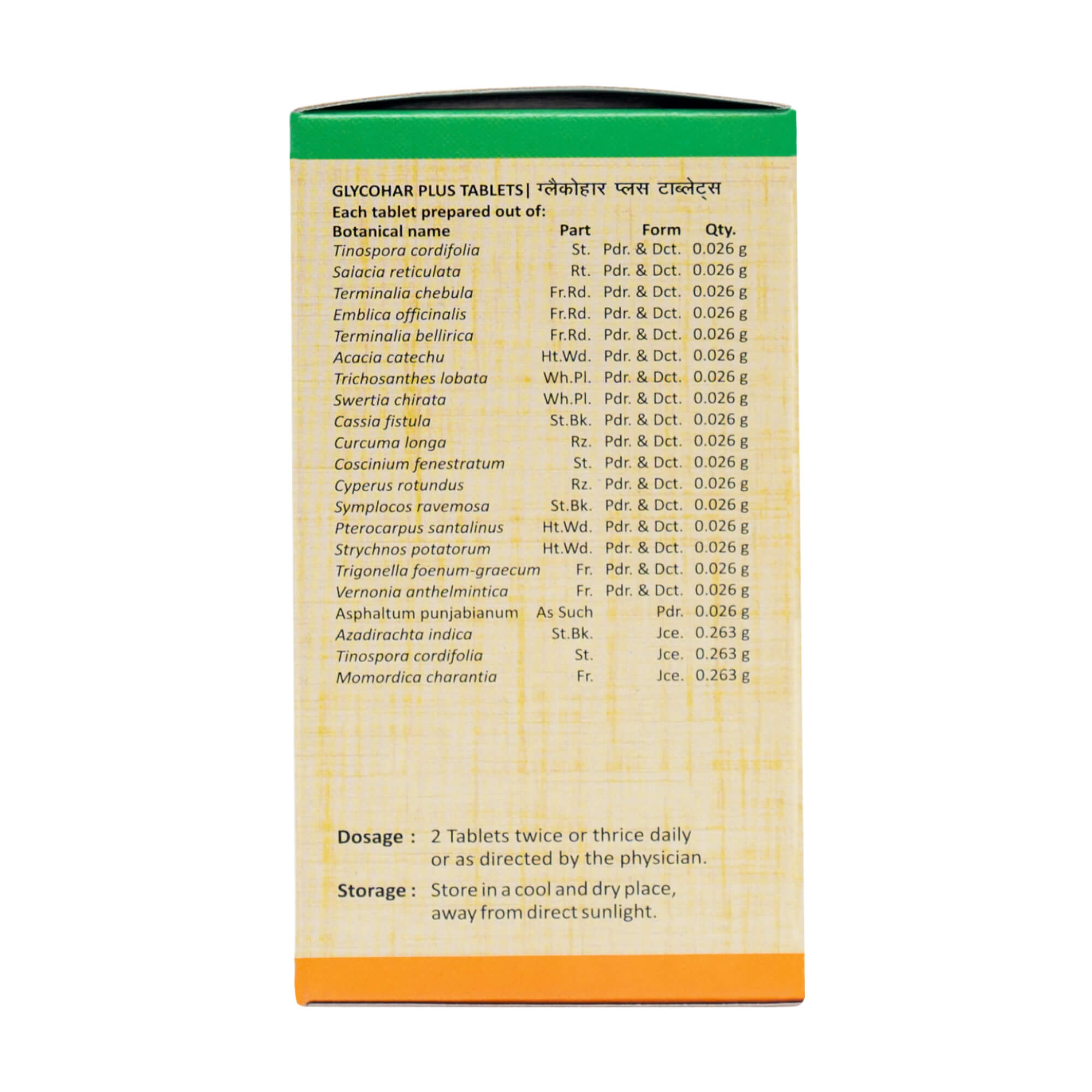
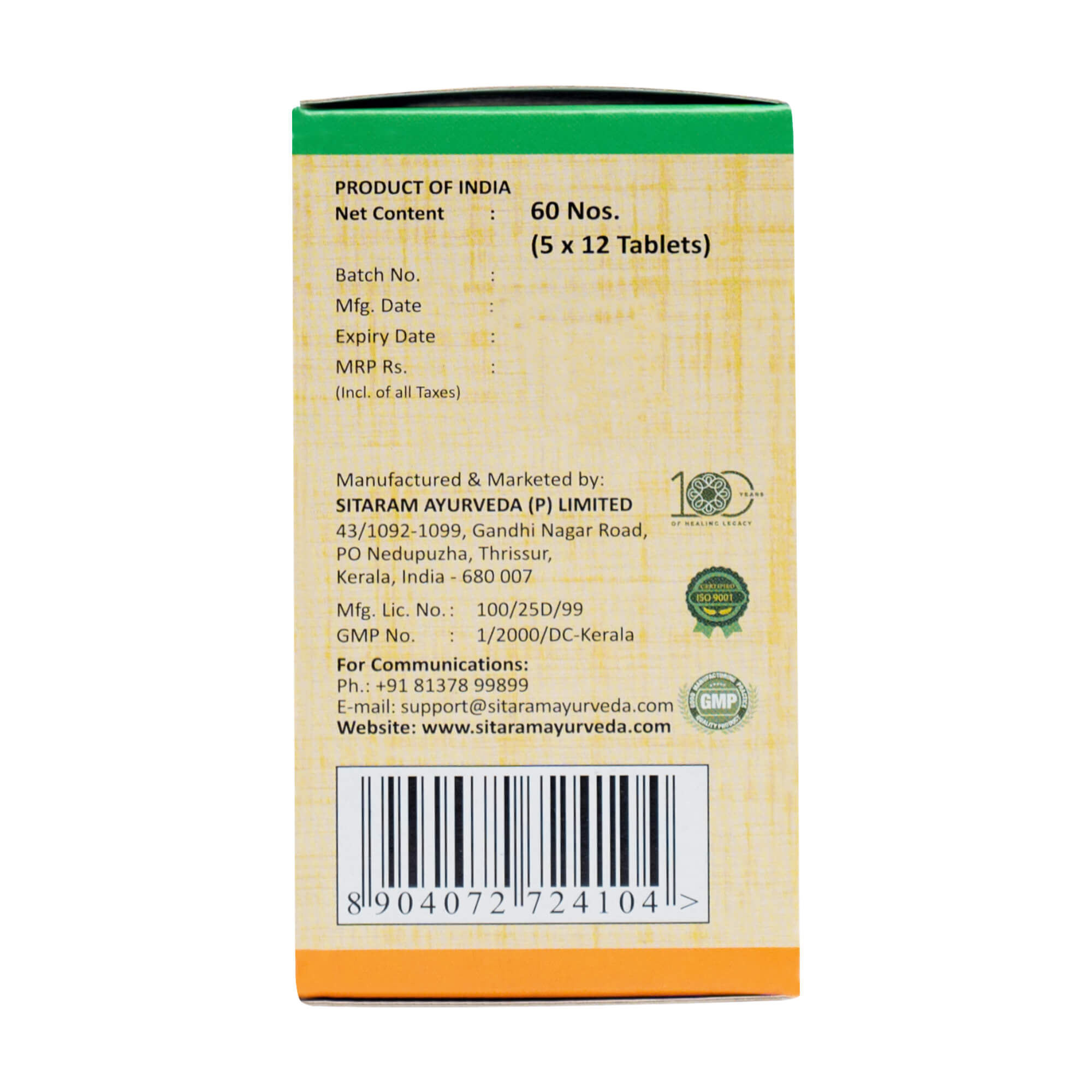



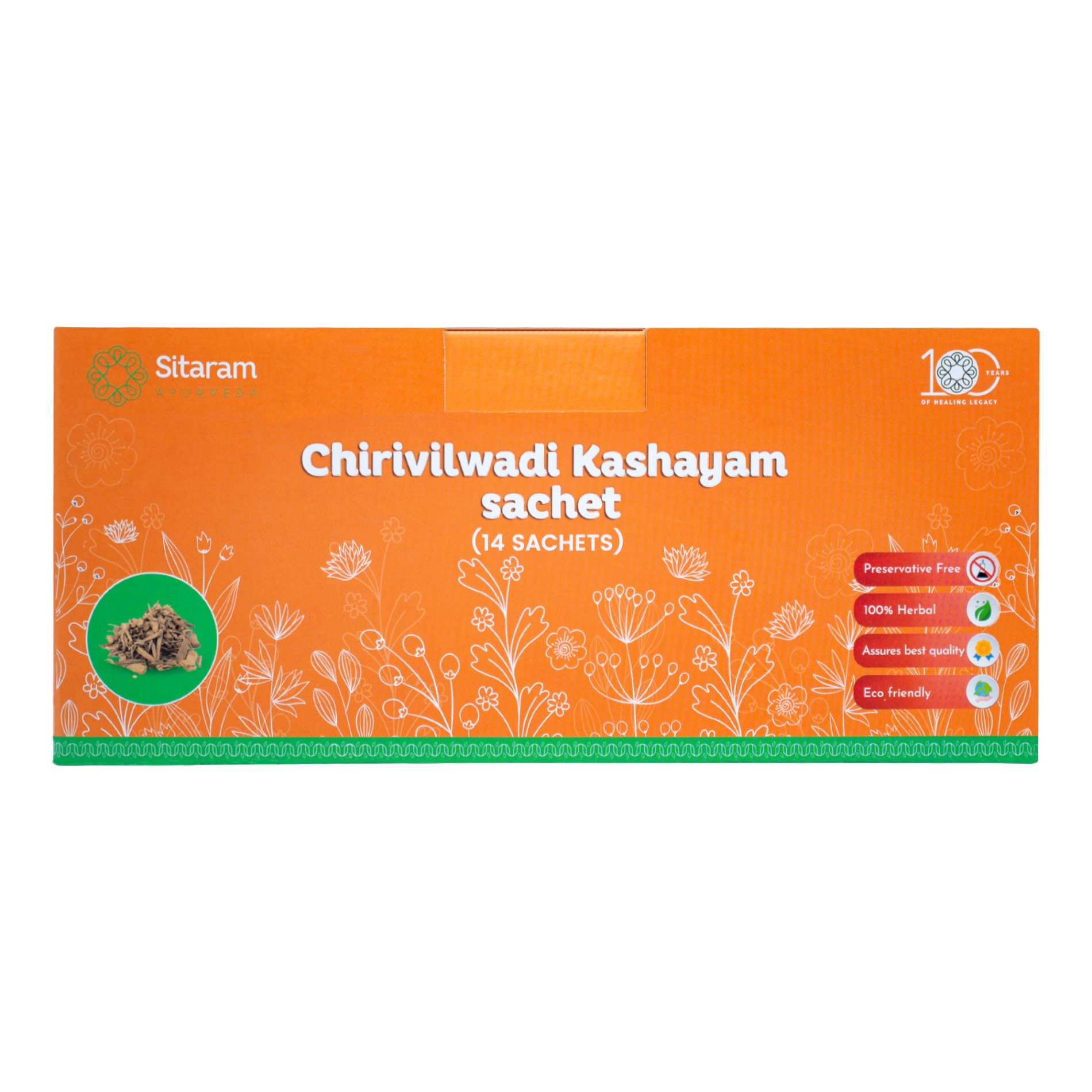
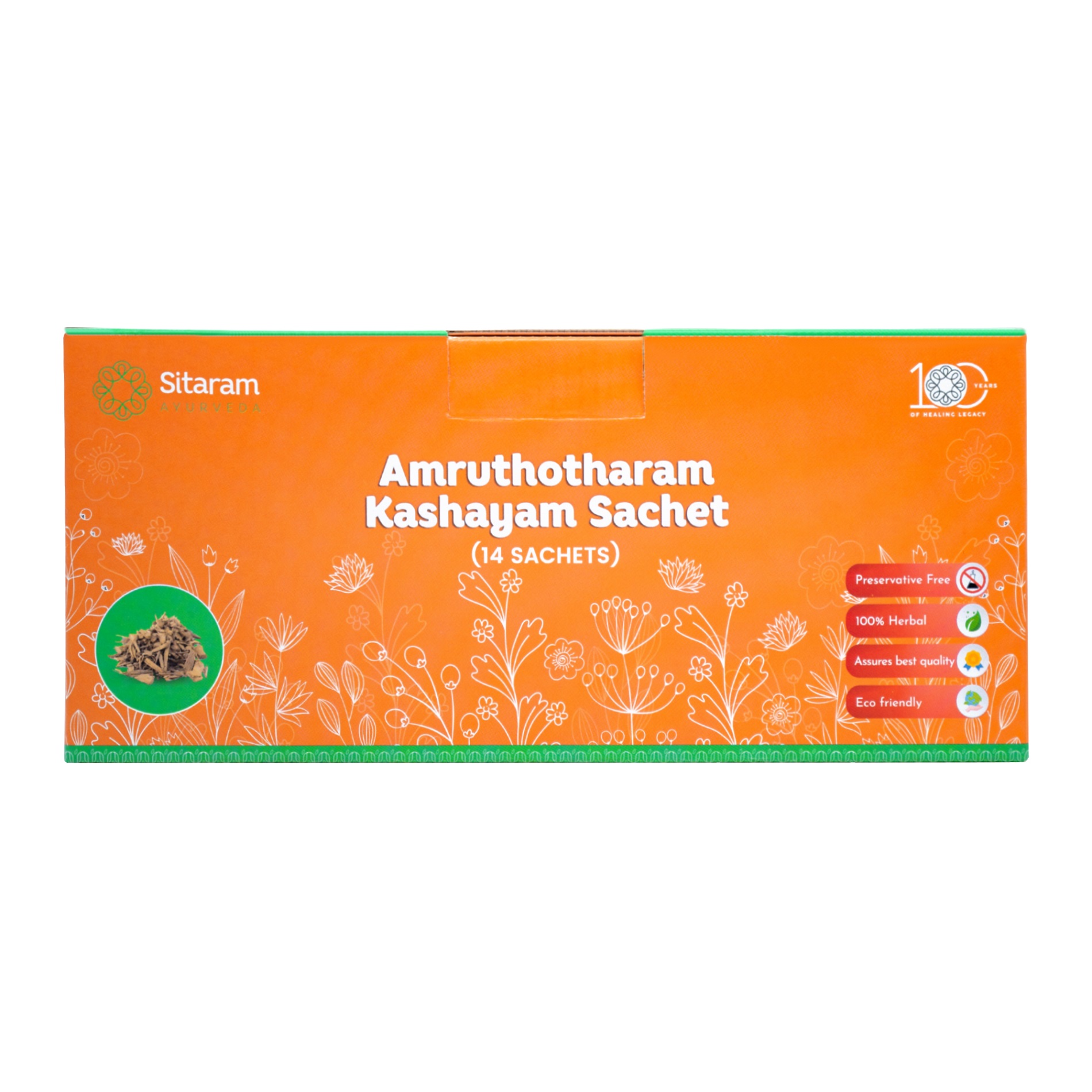
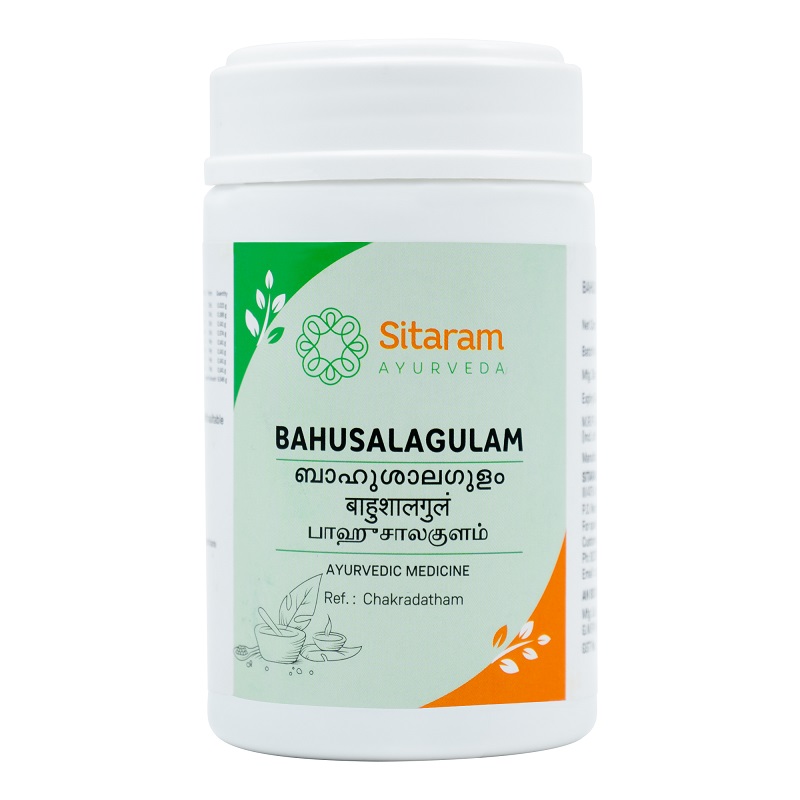
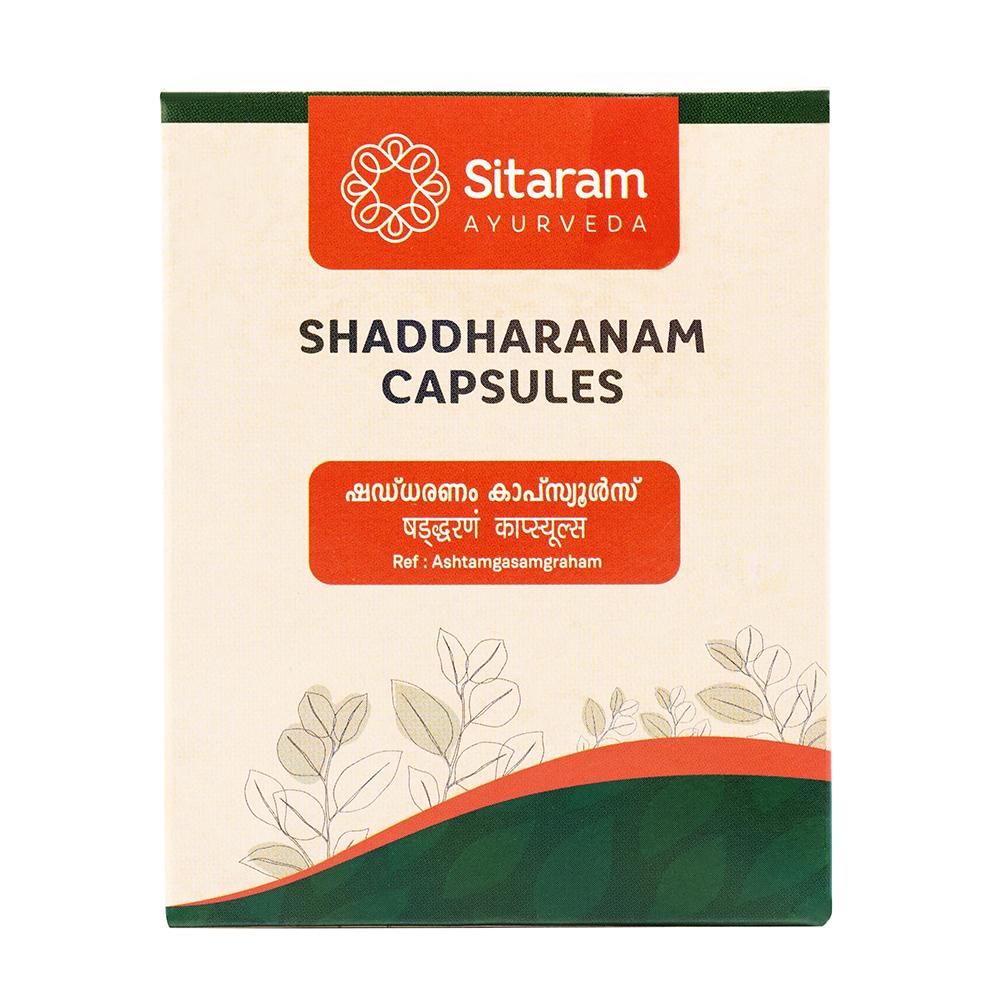
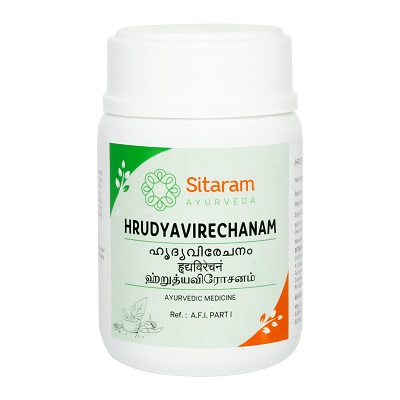
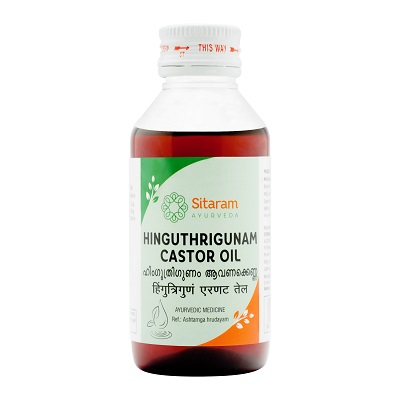
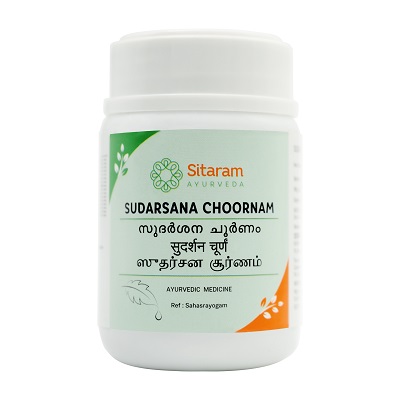
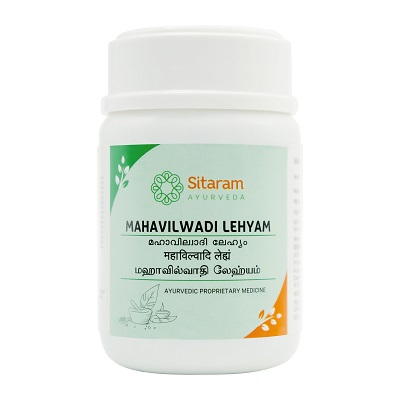
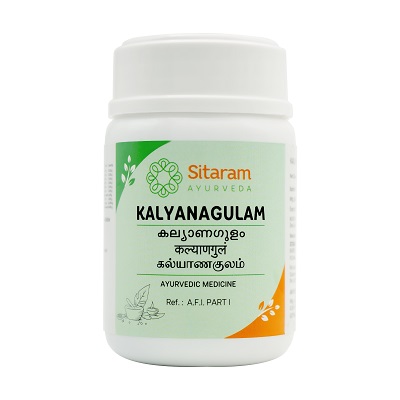
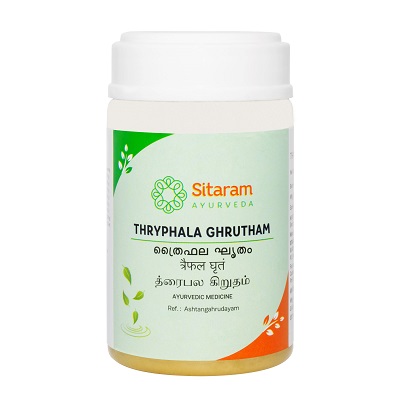
ANILKUMAR CHEEROTH (verified owner) –
good product
Anonymous (verified owner) –